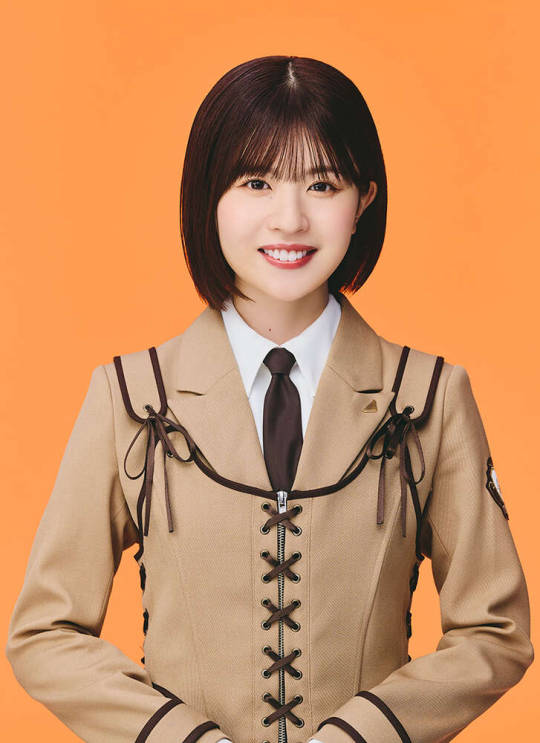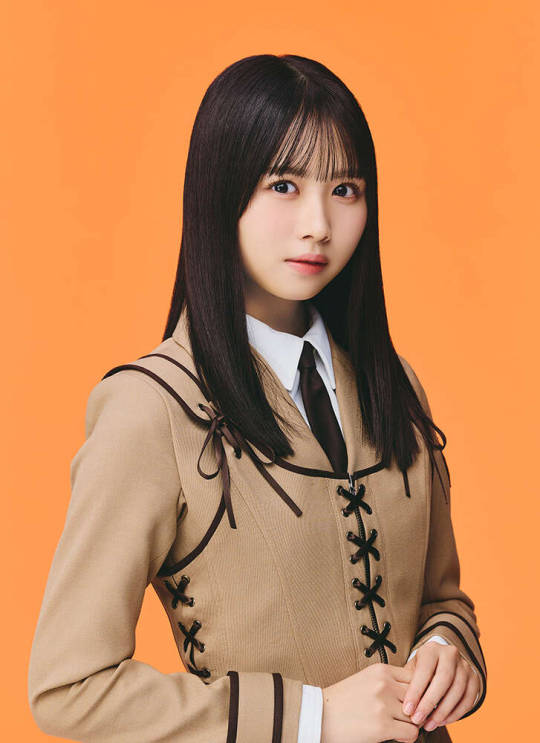#村尾
Explore tagged Tumblr posts
Text











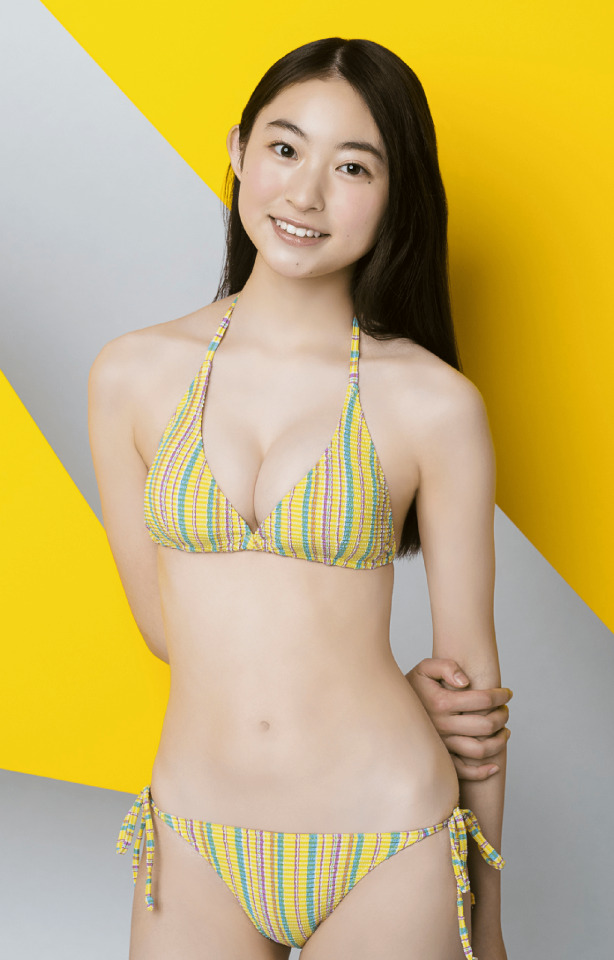
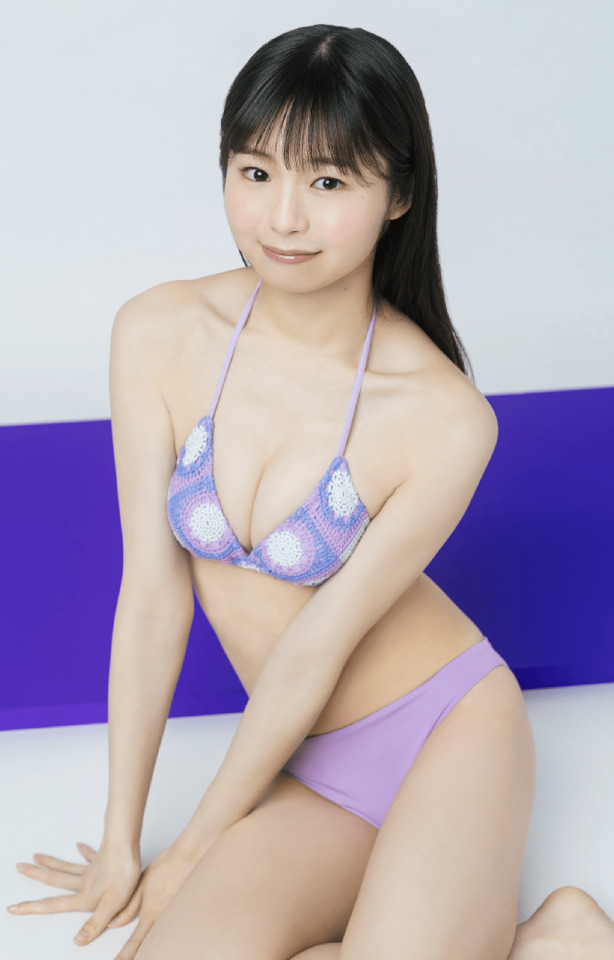
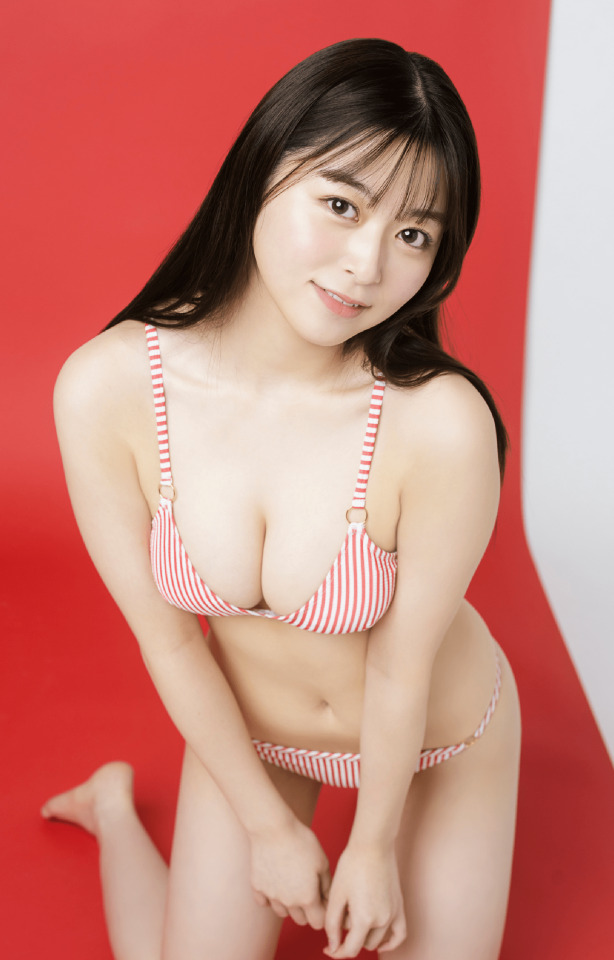




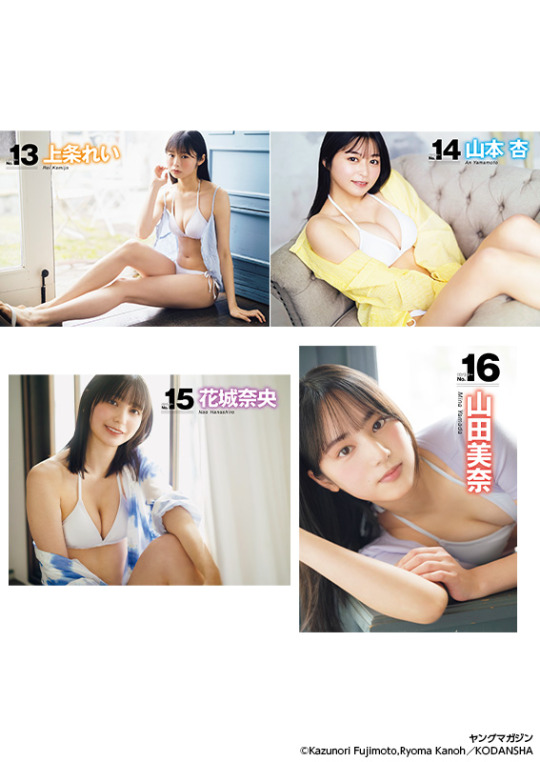
#ミスマガジン#ミスマガジン2024#髙口奈月#尾茂井奏良#吉田羽花#地主さくら#磯村美羽#沢美沙樹#田中碧空#宮嶋くるみ#葉月くれあ#立花蘭#大西陽羽#古田彩仁#上条れい#山本杏#花城奈央#山田美奈
185 notes
·
View notes
Text
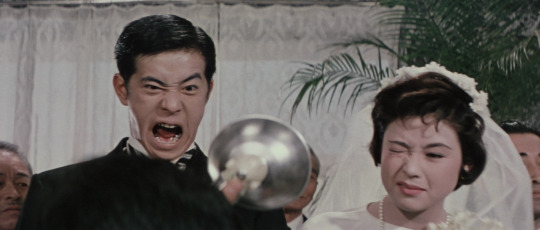
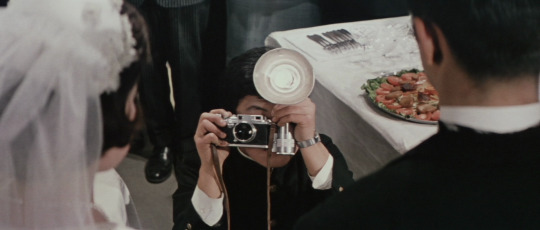
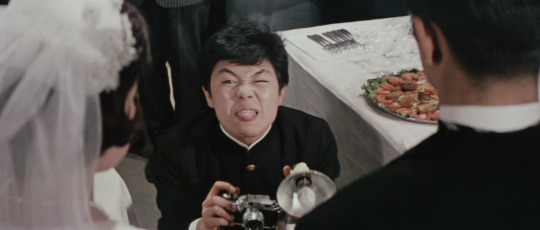
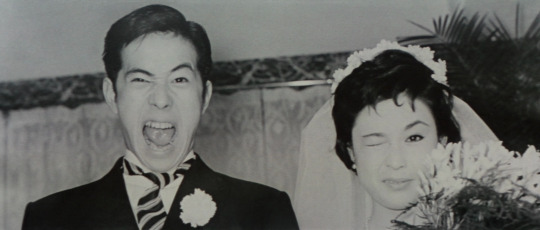
Yasuzo Masumura
- The Most Valuable Wife
1959
#最高殊勲夫人#増村保造#若尾文子#川口浩#The Most Valuable Wife#Yasuzo Masumura#Ayako Wakao#Hiroshi Kawaguchi#Japanese Film#1959#camera#Yasuzô Masumura
573 notes
·
View notes
Text
An essay on the theme of children-parent relationships in Hagio Moto's works by Murakami Tomohiko
For years, I avoided reading the essays that were included at the end of bunkoban volumes. Reading Japanese prose felt like a chore to me, to be honest. A too high of a hurdle. And most of the time, the contents went over my head.
That being said, since I started reading them, I've come across some pretty interesting ones. The analysis written by Murakami Tomohiko, manga critic, at the end of Mesh's vol. 3 (Hakusensha Bunko, 1994) was particularly interesting for me. So, I tried my hand at translating butchering it. The author compares the boys in Hagio's manga and their family issues. You can find it below the cut.
If anyone wants to read the original, I can send pics/scans!
Province of children
Murakami Tomohiko (Manga critic)
For a child, what does it feel like to be neglected by their parents?
Mesh is the protagonist of this story. His mother, elopes with a man when he was young. His father, doubting whether he’s Mesh’s real father or not, drives him away from himself, and places him in a boarding school in the faraway Switzerland. For 12 years of his life, he believes that his mother abandoned him, and his father hates him. It’s not hard to imagine how deep the scars such feelings left in Mesh’s heart are.
Mesh’s mother gave him a girl’s name, “Françoise-Marie.” We do not know if she wanted to have a daughter that bad, but as Mesh was separated from his mother when he was 2, he never knew the truth. But how much of a deciding factor that name became for him, and how it kept bearing heavy on him in his later years, are beyond any doubt.
When Mesh was 12, silver locks started to appear on both sides of his blond hair. After seeing a proof of genetics at work, his father finally recognized him as his own son. But that wasn’t the salvation the he was looking for. When his father shifted the blame on Mesh’s mother’s licentious behavior for doubting his paternity, a new wound was opened on the young boy's heart.
“I won’t say that my mother was a saint. But for a child who lives in a dormitory... a mother something that he needs.”
Thus, in chapter 1, "Mesh,” our protagonist runs away from his paternal home. He is picked up from the streets of Paris by Millon, a young art forger. In the final chapter, “Sure Love and Real Death,” he is reunited with his mother, now living in her homeland of Lorraine. She is mentally instable and still running after the image of her "daughter" who never existed. Mesh is an abandoned child who hates his father so much that he wants to kill him, and who is struggling to break free from her mother’s chains. This manga chronicles his story of breaking free from his parents.
Children discarded by their parents. Children separated from their parents. Such children fumbling their way in their quest to find their personal salvation had been recurring motif in Hagio Moto’s works before Mesh. It is also is the principal theme of this work.
If we look back, in "Bianca (ビアンカ)," she drew a girl who danced away the stress the divorce of her parents caused in a forest. In “Girl on Porch with Puppy (ポーチで少女が小犬と),” she shows us another girl who sees the world through rose-colored glasses. Grown-ups who lost their dreams point their fingers at her, and shoot her with death rays. Or take Emil Bruckhardt from “Snow Child (雪の子).” He was taken in by his grandfather after his parents’ death, who anly accepted for taking the child in if it was a "boy." 12 years of Emil's life was spent by his side, pretending to be a boy. Young Tim from “Poor Mama (かわいそうなママ)” pushes his mother out of the window. He could no longer bear witnessing her misery, as she spent her days sitting at the window sill, gazing off in the distance, and sighing. The free-spirited and brave Eru of the Nobe family in “Red-haired Cousin (赤ッ毛のいとこ)" shows no sign that would make you think that she is an orphan.
They were all children torn apart from their parents.They had to find somewhere to belong, and find it themselves.
The Poe Clan has two boys who were taken away from their biological human parents and turned into vampires, destined to live until eternity. If we think about under the same light, we can say it's their story of trying their hardest to create a pseudo-family for themselves time and time again on their endless journey. The beautiful Poe instalment, "Birds’ Nest (小鳥の巣)," and works like "Heart of Thoma (トーマの心臓)" that followed it, all take place in worlds that have nothing but boys torn apart from their families. It is no coincidence that dormitories were chosen as their settings.
Mesh was published in Shogakukan’s Petit Flower magazine between the 1980 summer issue and 1984 June issue. Mesh was preceded by "The Visitor (訪問者)" in the 1980 Spring issue.
In "The Visitor," we follow a central character from "The Heart of Thomas," Oskar Reiser, during his childhood, before he starts to live at the dormitory. Its main theme is directly connected to that of Mesh. Young Oskar’s parents quarrel over his birth. One day, a single gunshot steals that little boy’s mother from him forever. The one who fired the shot was his father. The boy covers up for his father, and the two set out on journey with no destination. However, Oskar’s father leaves him at the school, of which the principal is an old friend of his and Oskar's real father, and leaves for Southern America alone.
Oskar kept yearning for his father, the father who stole his mother away from him, without begrudging him. He did so, because he had nothing else in life to cling onto. As his father and mother argued about his paternity, the child lost that household as the place he belonged. Young Oskar’s only wish was to be forgiven by his parents, and to believe that he would be acknowledged as the son of that family. To make his wish come true, to beg for his father’s forgiveness, Oskar covers up for his father, the murderer of his mother, and sticks even closer to him.
Our protagonist Mesh is a direct continuation of the image of boyhood we see in "The Visitor"s Oskar Reiser. This link continues until Hagio’s current serialization, "A Cruel God Reigns", and shapes the main plot of her stories. “Children abandoned by their parents” has been present as a principal theme since Hagio Moto's early works. The turning point which made this theme even deeper, might be just this period that connects "The Visitor" to "Mesh."
How did Mesh rationalize his mother giving him a girl’s name? He mostly introduces himself using his alias, “Mesh,” to new acquaintances, and he is very adamant about it. Those who are unaware of the circumstances are left perplexed by that name, and mistake Mesh for a girl. He seems to find that amusing deep down. He crossdresses and appears on stage, and he is approached by homosexual men. Both makes him feel uncomfortable. Yet, he doesn’t seem to have a the willpower to resist.
Actually, I have also experienced something similar. So I believe I understand how Mesh feels a little.
When I was roughly Mesh’s age, I was a child who liked to act like a girl. In high school, I put a tablecloth on my desk in class, made flower arrangements with artificial flowers in an empty wine bottle instead of a proper vase, and listened to lectures while holding a stuffed doll. Mine was quite a free-minded school, and it was an age when all kinds of rebellious acts were "in." But still, when I think back upon it, what I did seems outrageous to me. Maybe I was just too eccentric, which is why my teachers never said anything to me.
I was jealous of my mother’s colorful outfits. I often borrowed and wore them. Her sleek green trench coat and tank top with pink and white borders from Kamoi Youko’s underwear brand, Tunic, were my favorites. I once even made a dress for myself. I chose the fabric with my girlfriend, did the basting at her place, and she sewed it for me. She tagged along because she found it to be fun, but I’m certain that she was weirded out.
I am still a sucker for stationary and fancy items girls would like. If I go to Sony Plaza or American Pharmacy, I am confident that I can spend half a day there. There aren’t many fathers who would go to buy picture books and plushies for their kid, but get carried out and just buy whatever they want.
Putting it like that makes me sound like a man with perverse hobbies, but sadly, I am not such inclined. I have never felt attracted to men, and never have I ever wanted to be a woman. My interest in crossdressing had something different in it. But I am interested in feminine, rather, “girlish” things, but it only means that I am slightly different than your average, common man.
That being said, my mother’s influence on me cannot be ignored. When I finished my dress, it was her who was the happiest and told me to wear it and take a little tour outside. During my freshman year in university, she was the one who lamented the most when I cut my hair that was reaching my butt, and made a hairpiece with my hair for me. When I was in grade school, I once trimmed my eyelashes with a pair of scissors because they were getting in the way when I was using the microscope. I remember her being frustrated to the point of bursting into tears, and getting so angry with me.
I believe it was my mother who slowly created my very particular aesthetic sense by praising things like long eyelashes, lustrous, straight hair, a slender physique which becomes female school uniforms. All things that would be the charm points of budding young girls, and she did it at every chance. I am an only child, and have no siblings. When I was a child, my mother once asked me if I wanted to have little brothers or sisters. I told her that I would like to have an older brother, which seemed to perplex her. Maybe my mother wanted to have a daughter. She could be looking for the shadow of the daughter she never had in me.
I don’t really know the truth of it. Maybe she just said that I looked like a girl just to express how cute her son was, without putting much thought into it. But the words she said, words I have no recollection of, very likely had a huge impact on me and awakened something deep inside my soul. My personal preferences took shape around that idea, and before I knew it, it seeped into my entire being.
My mother was a beautician, and was often away from home on business. After she opened her own store, she was always busy with work. But that was all there was to it, and it was not like she had left me, or we were separated by death. And it never became a reason for my parents to hurt or to oppress me. I can say that overall, I grew up in a your rather ordinary, warm household. I still started to shape my very own personality, alongside the one my parents took part in creating. Then how about a child who feels hated, or abandoned by his parents? How would he feel? To heal the wounds he got from his parents and to ail himself, would he acknowledge it all, and accept everything? Or would complete denial be his only choice?
That's why Mesh wanted to kill his father and break free from his mother’s curse. While he wanted to be freed from his mother’s desire to have a daughter, in some corner of his mind, he was curious about what would happen if he complied. Maybe that’s what made him stand on the stage as a woman, and occasionally enjoy being photographed as one. Maybe that’s why he sometimes shut up and endured it when men treated him like a girl.
Maybe fulfilling his mother’s wish meant securing a place in her heart for him. It might have been a self-defense mechanism — a feeling that only children abandoned by their parents know. That’s why when he faced her, and saw that his mentally ailing mother would never accept him, a boy, Mesh said: “Just what does Marché want? How can I get close to what she wants? What should I become? Marché’s dreams, and my dreams... If only I knew...”
“A thousand pairs of scissors. Scissors that cut and mince. I could have become a flower, a bird, a daughter... I could have become anything you wanted. I could have died a thousand deaths if you wished for it.”
We do not know the reasons why she wanted to have a daughter. No matter what they might be, accepting them as they are, that complete subordination, is an expression of his willingness to bend to his mother's will. What does it feel like to hear “I hate this child” from a mother who can’t even tell his son apart? But Mesh even accepts his mother trying to stab him with shears without saying a single word.
Where does Mesh’s determination, which is almost commendable, come from? What steeled his resolve so? I think it was something closer to despair, rather than a wish to be delivered. Mesh’s hatred and his murderous thoughts towards his father are the two sides of the same coin. Killing his father, who hated both him and his mother, and accepting death by the hands of the mother who forgot her own son: They are actually one and the same. Thus, the child abandoned by his parents try to erase his ties to them. By resetting everything, he tries to make it as if he never existed.
There is probably just one thing he’s trying to say with his behavior.
"I’m sorry.
"I couldn’t be the child you wanted.
"I couldn’t meet your expectations.
"I’m sorry that I was born..."
In “The Visitor”, in the middle of his endless journey with his father, Oskar says these words time and time again: "I will be a good child. I won’t talk about my mom anymore. I’m sorry." Then he obliges his father by starting to live in a dormitory, and waits for his father to be back from South America. This must have been no different than choosing death for Oskar, a child who wanted to be the son of a warm household.
When he doesn’t resist his mother’s attempt to kill him, something inside of Mesh shattered to pieces. He arrives at Paris train station with his broken hopes as his baggage, and he catches a glimpse of his father boarding a train. His father, who acknowledged him as “his son who shares the same blood as him” without so much as a thought about how that made Mesh feel. All Mesh can do is to stand there, motionless. Even if that's the only place he can come back to now.
All children need a place they belong. A place where they feel they can just “be.” Children do not belong to their parents, or other adults. No one shall undermine their right to self-determination. Mesh shows us how much hardship children have to endure, and the sacrifices they have to make when grown-ups forget this fact.
#村上知彦#murakami tomohiko#tomohiko murakami#hagio moto#moto hagio#萩尾望都#24年組#year 24 group#classic manga#vintage shoujo#retro shoujo#manga analysis#manga essay#heart of thomas#トーマの心臓#メッシェ#mesh#訪問者#visitor
99 notes
·
View notes
Text

"Beautiful connections begin eye to eye" in 1972
#shiseido#magazine advertisement#natural glow#eye to eye#beauty#C:犬山達四郎#Ph:梶尾謹輔#AD:犬山達四郎#D:八村邦夫#The aim being to give the brand story.#mirror
137 notes
·
View notes
Text



23 notes
·
View notes
Text

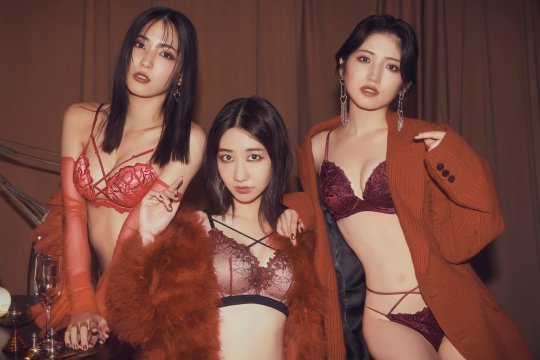

AKB48 × RAVIJOUR 柏木由紀・村山彩希・下尾みう
208 notes
·
View notes
Text



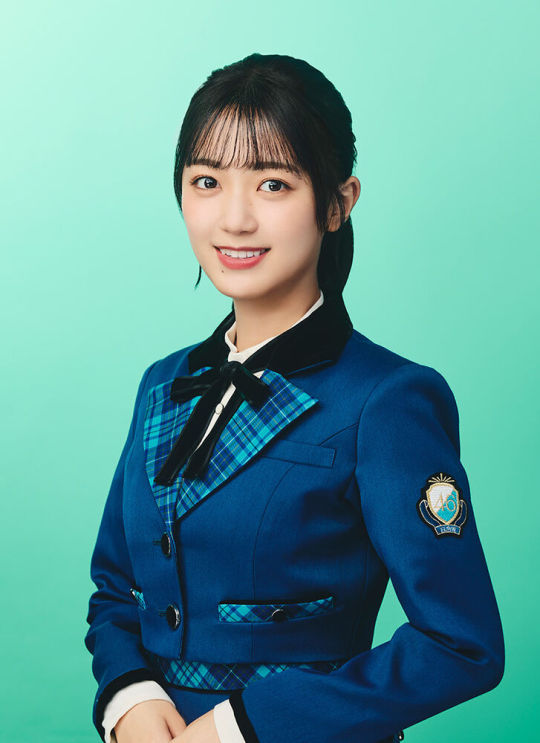




28 notes
·
View notes
Text



乃木坂46 NOGI_SATSU FRIDAY vol 282 283
24 notes
·
View notes
Text

夢枕獏少女マンガ館 夢枕獏・編 文春文庫ビジュアル版 カバーデザイン=高木美穂
#夢枕獏少女マンガ館#baku yumemakura#夢枕獏#文春文庫ビジュアル版#文春文庫#高木美穂#ささやななえ#樹村みのり#柴門ふみ#岩館真理子#萩尾望都#anamon#古本屋あなもん#あなもん#book cover
15 notes
·
View notes
Text
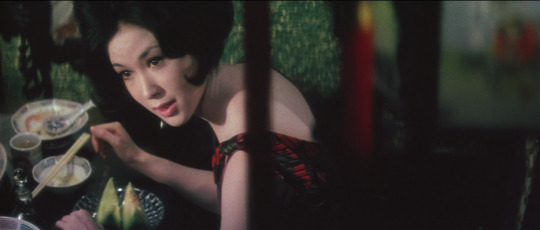

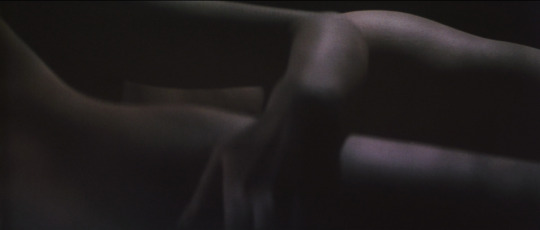
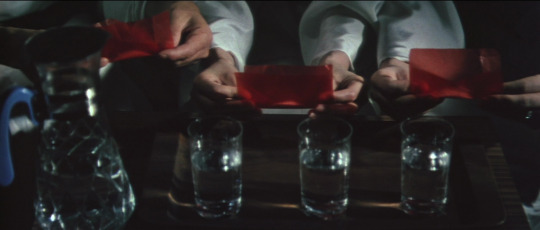
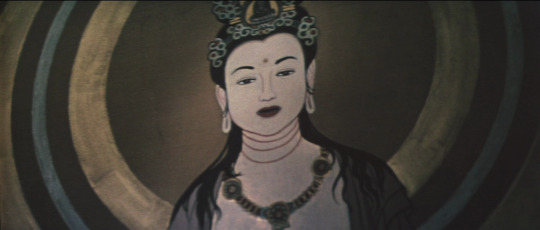
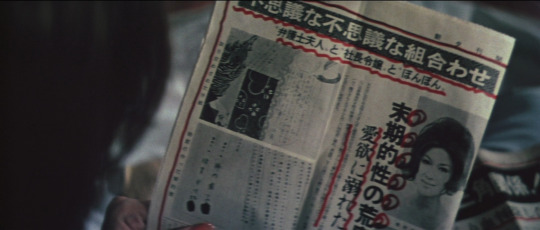
Yasuzo Masumura
- Manji
1964
203 notes
·
View notes
Text
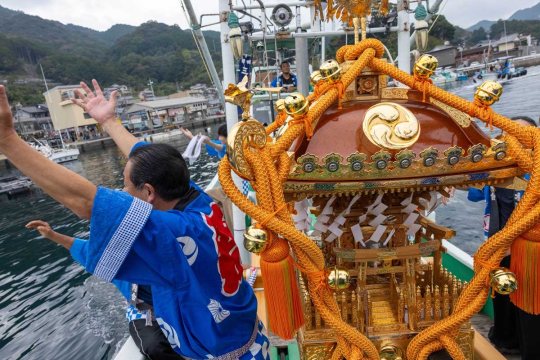
A boat parade with a sacred palanquin as the final phase of the autumn festival of Miki Jinja Shrine (三木神社) in Mikiura, Owase City, Mie Prefecture
Photo by 東紀州地域の漁村を撮る人 [Higashi Kishū Chiiki no Gyoson wo Toru Hito] on November 5, 2023 (see source)
#japanese photography#三重県#mie prefecture#尾鷲市#owase#三木浦町#mikiura#三木神社#miki jinja#神輿#mikoshi#祭り#祭#matsuri#festival#fall festival#autumn festival#漁村#gyoson#fishing village#fotografía japonesa#festejos#festivales de otoño#pueblo pesquero
25 notes
·
View notes
Text







#小坂菜緒#藤嶌果歩#正源司陽子#河田陽菜#松田好花#金村美玖#佐々木美玲#佐々木久美#上村ひなの#森本茉莉#山口陽世#平尾帆夏#山下葉留花#宮地すみれ#卒業写真だけが知ってる#日向坂4期生#日向坂46
15 notes
·
View notes
Text
LIL LEAGUE Presents LIL CORE 🧡
This is a masterpiece, even if I do say so myself. Not to be dramatic, but I felt like I've lived this long so that I could make this video. While I was editing it, I got to confirm just why I adore LIL LEAGUE so much. Yep, it's really because I have the mental age of a kid, after all!!
YouTube link here.
#lil league#lil league from exile tribe#リル リーグ#nakamura tatsuhiro#tatsuhiro nakamura#iwaki sena#sena iwaki#momoda haima#haima momoda#nanba sora#sora nanba#okao matora#matora okao#yamada kodai#kodai yamada#岩城星那#中��竜大#山田晃大#岡尾真虎#百田隼麻#難波碧空#neo exile#exile tribe#ldh#ldh japan#j-pop#jpop#boy group
11 notes
·
View notes


















